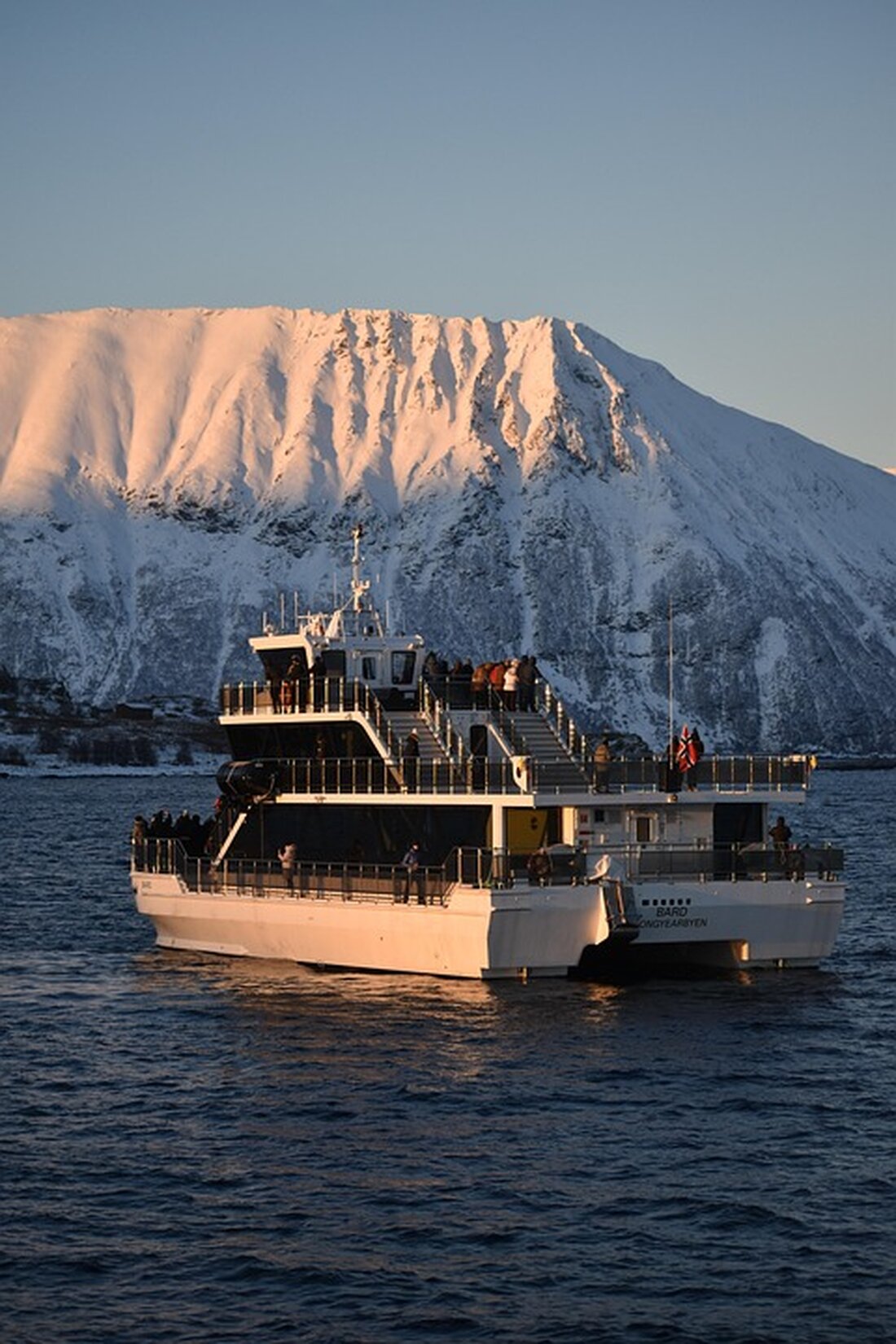Expedition Island Pride: Deep-sea resources or environmental destruction?
In 2025, an expedition will investigate deep-sea mining for manganese nodules, the raw materials of which are crucial for electric cars and wind power.

Expedition Island Pride: Deep-sea resources or environmental destruction?
Fascinating treasures lie dormant in the sea: manganese, nickel, cobalt and copper, bound in the form of manganese nodules, waiting to be discovered. These minerals are of exceptional value due to their use in modern technologies, particularly in batteries for electric cars and wind turbines. The possibility of harvesting these raw materials in the deep sea arouses desire and is the subject of current research.
An in-depth analysis of the possible environmental impacts of raw material extraction is currently taking place on board the “Island Pride” research expedition. ARTE reporter Michael Stocks and his cameraman are the only film team accompanying the venture and documenting the testing of a large underwater harvester that aims to efficiently cultivate the seabed. However, attention is drawn to the controversies expressed by various scientists. Many researchers fear that the mining of manganese nodules could seriously disrupt the delicate marine ecology, leading to heated discussions within the scientific community and beyond.
The debate about raw materials from the sea
There are different approaches to the topic of deep-sea mining around the world. While Germany, which has a license in the Clarion-Clipperton zone between Hawaii and Mexico, has declared a moratorium on deep-sea mining in order to research the ecological consequences, many other countries and companies are skeptical about such restrictions. According to the Federal Institute for Geosciences and Natural Resources, Germany could cover 6% of its copper needs, 51% of its nickel needs and even 80% of its cobalt needs by exploiting these mineral resources.
The International Seabed Authority (ISA) plans to establish regulations for deep-sea mining in the summer. This comes amid growing interest as over 20 member states of the ISA, as well as major companies such as BMW, Google, Samsung and Volvo, express a shared interest in ocean resource mining. Meanwhile, Japan has already acquired licenses and plans to mine rare elements in its economic zone, potentially meaning the country can secure its raw material supplies for decades. Japan does not support a moratorium and is therefore pursuing aggressive exploitation of its marine resources.
The situation in Tonga
The island state of Tonga also has ambivalent views on deep-sea mining. The government is cooperating with a company to exploit the possibility of mining manganese nodules in order to rehabilitate the ailing budget. However, fishermen in the area are raising concerns and fear this could have a negative impact on fish stocks and tourist whale watching. A civil society forum is even calling for a ban on deep-sea mining, while the Geological Survey sees economic opportunities in Tonga. Tonga could earn up to US$2.50 per tonne of manganese nodules lifted, with potential mining of up to three million tonnes annually.
The debate about deep-sea mining not only keeps researchers, governments and companies on tenterhooks, but also raises the question of the balance between technological progress and environmental protection: How much are we willing to risk for our raw materials and what future do we want to create for the oceans? An answer to this is still pending as the “Island Pride” expedition gets to the bottom of nature.
Further information is available at prism and daily news.

 Suche
Suche
 Mein Konto
Mein Konto